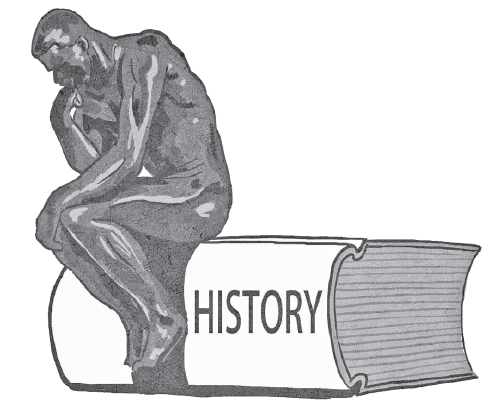
Editor's Note: To commemorate the 70th anniversary of the International Military Tribunal for the Far East, also known as the Tokyo Trial, Shanghai Jiao Tong University invited 25 scholars from countries such as China, the United States, Japan and the United Kingdom to its International Academic Forum on Tokyo Trial and World Peace, which was held on Nov 12 to 13. Following are excerpts from the speeches delivered by three scholars:
Precedent in international law
The Tokyo Trial is a founding stone of modern international relations in East Asia. By bringing the Japanese war criminals to justice, it set a precedent that people responsible for launching aggressive wars should be punished.
The Tokyo Trial was more than a trial. It is a legal record of the war crimes of imperial Japan, and tells the world what kinds of atrocities the Imperial Japanese Army committed in the name of expanding the Japanese empire.
Today, 71 years after the end of World War II, the trial's records are an essential tool to prevent some Japanese politicians from denying Japan's military past.
The Tokyo Trial also teaches us the lessons of WWII by inscribing them in the form of law.
Despite all this, it has deficiencies. The then Japanese emperor Hirohito was not made to face the trial, nor did it hold accountable the Japanese business tycoons who supported, even advocated, the aggressive war. As a result, some war criminals returned to mainstream politics under the protection of the US.
That's essentially why right-wing Japanese politicians have been trying to reject the Tokyo Trial in recent years. For instance, they have been trying to deny the Nanjing Massacre took place and making efforts to revise Japan's peaceful Constitution.
By reviewing the past, we aim to safeguard the trend of peace and common development today. So we must defeat any designs to challenge the Tokyo Trial, and defend the order established in East Asia based on it. Only on the basis of the Tokyo Trial can East Asian countries build a new type of relationship characterized by peace, development and cooperation.
From 'master' to 'student'
Trials for war crimes forged a new partnership, no longer based on extraterritoriality but equality and shared diplomatic values. It is important to think about early postwar Japan as not only an occupied nation but also a country that submitted to legal adjudication by many former colonies and occupied lands. Certainly one can see how the Japanese perceived themselves as victims, so divorced were they from their intoxicating vision of an empire. It is important that China was among those judging postwar Japan because the action brought into relief the fact that Japan's empire had crumbled.
Japan's postwar Constitution embodied those shared values, but administrative behavior took a longer time to follow suit. And herein lies the divided nature of postwar Japan. The Japanese government paid lip service to new modes of transnational organizations-especially the United Nations and the use of international law-and insisted that Tokyo was set toward peaceful relations but domestically such convictions appeared less fervent.
Declarations about postwar Japan's international orientation and support for transnational agreements did not always sit squarely with domestic practice and political dialogue. These forces tended to strip away at an already shaken-up and transformed postwar Japan that had previously stood as the archetypal "modern" nation in East Asia. Instead of leading, postwar Japan faced many trials for war crimes that flipped the former imperial hierarchy of the region in which China now holds a legal upper hand. Japan, which had long since been the "master" of Northeast Asia since the 1860s, had become the pupil.


















































